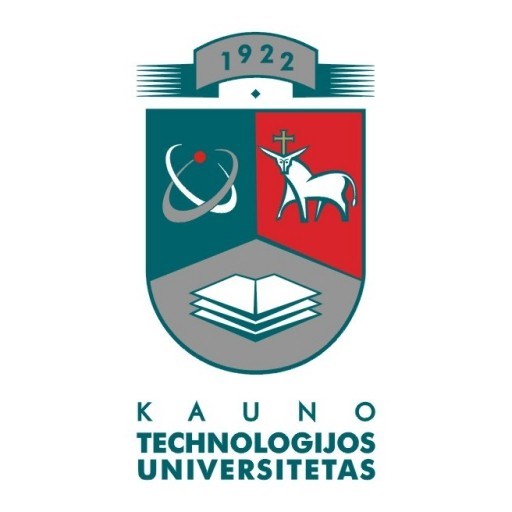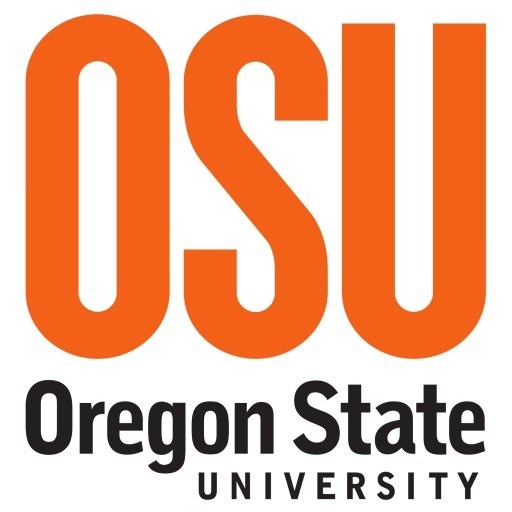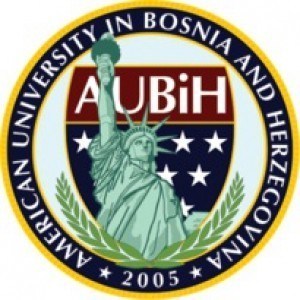Photos of university / #uniofbath
The MSc in Wellbeing in Public Policy and International Development at the University of Bath is a comprehensive postgraduate program designed to equip students with the knowledge and skills necessary to understand and address complex issues related to wellbeing, public policy, and international development. This interdisciplinary course combines insights from social sciences, policy analysis, psychology, economics, and international relations to provide a holistic understanding of how wellbeing can be promoted and sustained across diverse populations and contexts. Students will explore theoretical frameworks and empirical methods used to measure and improve wellbeing at individual, community, and national levels. The program emphasizes practical skills through case studies, policy analysis exercises, and collaborative projects, preparing graduates for careers in governmental agencies, international organizations, non-governmental organizations, and research institutions. The curriculum covers a wide range of topics, including health and social policy, sustainable development, social inequalities, mental health, and the role of policy in shaping positive outcomes. Students also gain valuable experience in policy formulation, evaluation, and advocacy, with opportunities for work placements and research projects that deepen their understanding of real-world challenges. Taught by experienced academics and practitioners in the field, the course encourages critical thinking, interdisciplinary collaboration, and innovative problem-solving. Graduates of this program are equipped to influence policy decisions, conduct impactful research, and contribute to creating inclusive, equitable, and thriving societies worldwide. Whether you are aiming to advance your career in policy-making or international development, or seeking to drive positive change through evidence-based strategies, this MSc offers a rigorous and rewarding learning journey.
The Wellbeing in Public Policy and International Development programme at the University of Bath offers students an in-depth understanding of the complex challenges related to wellbeing, public policy, and international development in a rapidly changing world. This interdisciplinary course is designed to equip students with the analytical skills, practical knowledge, and innovative approaches necessary to address global issues such as health disparities, social inequalities, environmental sustainability, and economic development. Throughout the programme, students explore the theoretical foundations of wellbeing and its measurement, as well as the role of public policy in promoting equitable and sustainable development. They gain insights into the policy-making process at local, national, and international levels and learn how to critically evaluate existing policies, propose innovative solutions, and implement effective strategies.
The course covers a wide range of topics, including health and social care systems, poverty reduction, human rights, climate change, and governance. It emphasizes the importance of evidence-based policy making and interdisciplinary collaboration, encouraging students to develop a holistic understanding of the interconnectedness of social, economic, and environmental factors influencing wellbeing. The programme combines rigorous academic learning with practical experiences, including case studies, policy simulations, and opportunities for engagement with policymakers and practitioners. Students also have access to cutting-edge research facilities and resources at the university.
A key feature of the programme is its emphasis on international perspectives, preparing students to work in diverse contexts and contribute to global development agendas such as the Sustainable Development Goals. Graduates will be well-equipped for careers in government agencies, international organizations, NGOs, research institutions, and consultancy firms focused on public policy and international development. Additionally, the programme fosters critical thinking, ethical awareness, and a commitment to social justice, empowering students to become advocates for positive change. Whether you are looking to advance your career or deepen your understanding of wellbeing and development, this programme provides a comprehensive and forward-thinking education to support your ambitions.
The Wellbeing in Public Policy and International Development MSc program at the University of Bath requires applicants to hold at least a second-class honours degree or an equivalent qualification in a relevant subject such as social sciences, public policy, international development, economics, or related fields. Applicants without formal qualifications but with significant professional experience in relevant areas may also be considered. English language proficiency is mandatory for non-native speakers, with acceptable tests including IELTS (minimum overall score of 6.5 with at least 6.0 in each component), TOEFL (minimum overall score of 90 with at least 20 in each section), or equivalent qualifications. The program emphasizes interdisciplinary learning, combining theoretical frameworks with practical applications to address wellbeing issues in public policy. Candidates should demonstrate an interest in topics such as health, inequality, social justice, and international development challenges. Prior experience in research, policy analysis, or project management related to social wellbeing is advantageous but not obligatory. The admission process may involve submission of a personal statement detailing motivation and relevant experiences, academic transcripts, and references. The program aims to develop critical thinking, analytical skills, and practical policy-making abilities to equip graduates with the expertise needed to influence wellbeing policies globally. Together with academic qualifications, the university values diversity of experience and perspectives. All applicants are encouraged to review the specific entry requirements detailed on the university’s official website and ensure their application materials clearly demonstrate their suitability for a career in wellbeing-focused public policy and international development. Successful applicants will benefit from access to state-of-the-art facilities, expert faculty, and opportunities for engagement with policy practitioners and international organizations to enrich their understanding and professional networks.
The University of Bath offers various financing options for students enrolled in the Wellbeing in Public Policy and International Development programme, aiming to support a diverse range of applicants. Tuition fees for this postgraduate programme vary depending on the student's residency status, with UK students typically paying a different rate from international students. For UK students, the annual tuition fee is approximately £9,250, whereas international students can expect to pay around £20,000 per year. These fees cover tuition, academic resources, and access to university facilities.
Students are encouraged to explore government-funded loans and grants available to UK residents, including the Doctoral Loan, which can provide up to £27,265 to support tuition and living costs. International students are advised to seek scholarships, bursaries, or financial aid programs offered directly by the university or through external organisations. The University of Bath offers a range of scholarships specifically aimed at applicants in the field of public policy and international development, which can significantly offset the costs of attendance.
In addition to scholarships, students may consider additional funding sources such as research grants, sponsorships, or employer sponsorship programs if they are already employed in relevant sectors. The university’s financial services department provides detailed guidance on eligibility and application procedures for these funding opportunities. Students are also recommended to explore external funding agencies, governmental bodies, and international development organizations that offer financial support for postgraduate study.
Living expenses are an important consideration for prospective students, with estimates suggest that students should budget approximately £10,000 to £12,000 annually for accommodation, food, transportation, insurance, and personal expenses. The university offers on-campus accommodation options as well as assistance in finding suitable housing off-campus, which can influence total living costs.
Students are encouraged to plan their finances well in advance of their studies to ensure they can cover tuition fees and living expenses throughout the duration of the programme, which typically lasts one year for full-time students. The university’s financial aid advisors are available to assist with personalized funding strategies and application guidance. International students should also consider additional costs such as visa fees, health insurance, and travel expenses when planning their finances.
The University of Bath also participates in the UK’s Postgraduate Loan scheme, accessible to UK nationals studying full-time or part-time. This scheme provides low-interest loans to cover tuition fees, which can be repaid after graduation based on income levels. Furthermore, some students may qualify for part-time work opportunities during their studies, which can help supplement income and offset living costs.
Overall, students are encouraged to research all available funding options thoroughly and apply early to maximize their financial support. The university provides comprehensive resources and support to help students find manageable financing solutions, ensuring that financial constraints do not hinder their academic and professional ambitions in the fields of wellbeing, public policy, and international development.
The Wellbeing in Public Policy and International Development MSc at the University of Bath is a comprehensive postgraduate programme designed to equip students with the skills and knowledge necessary to understand and address complex issues related to wellbeing, public policy, and international development. The course offers an interdisciplinary approach, combining theories and practical applications from economics, social sciences, development studies, and policy analysis. Throughout the programme, students explore the multifaceted nature of wellbeing, examining how public policies can influence individual and community health, economic stability, social cohesion, and environmental sustainability.
The curriculum includes core modules such as Policy Analysis and Evaluation, Development Economics, Wellbeing and Human Development, and International Development Policies. Optional modules allow students to tailor their studies to specific interests, including topics like Global Health, Poverty Reduction Strategies, and Environmental Policy. The programme emphasizes research skills, critical thinking, and real-world applicability, often incorporating case studies, guest lectures from practitioners, and opportunities for fieldwork or internships.
Students are encouraged to engage with current policy debates and contribute to solutions that promote equitable and sustainable development worldwide. The programme benefits from the university’s strong links with government agencies, non-governmental organizations, and international institutions, providing a valuable network for future career development. Graduates of the MSc Wellbeing in Public Policy and International Development often pursue careers in policy advisory roles, international development organizations, NGOs, or continue their academic research through PhD studies. Overall, this MSc aims to empower students to make a positive impact on global and local wellbeing through informed and effective policy-making.








